
What is the First Order?
It is early winter, late in the year of 2015, and I am walking out of a screening of Star Wars: The Force Awakens. After years of anticipating what I had previously thought I would never see, a new Star Wars film, I had seen just that. It had been a really good time, but it was also a somewhat unfamiliar experience. For the first time that I could remember, I had seen a Star Wars story without having a clear idea where the story was coming from or where it was going.
I’m in the lore-enthusiast branch of Star Wars fandom, and was used to Star Wars media falling into one of three major eras: Post-Endor, Old Republic, or Clone Wars. The Old Republic era was its own thing for the most part, but the other two, which comprised the majority of Star Wars content, were entirely dependant on the original, A New Hope. The Prequels and the Clone Wars TV show gave the background of Episode IV. Numerous books told the further adventures of Luke, Leia, and Han, and their friends, and their children, and their children’s friends, and their friends’ children, etc, starting literally minutes after the Battle of Endor and continuing basically uninterrupted for decades of storyline time. TFA was different. There had been a lore reboot, and there had been a significant time-jump since the most chronologically recent installment. It wasn’t until well into the film that any familiar characters appeared. I was disoriented, but I was also excited. This was something new.
Two years later, I leave another Star Wars screening. I had generally liked The Last Jedi as well, though many people hadn’t. I heard a lot of questions about that film, a lot of questions about Snoke especially. I mentioned in my review that the unanswered question in my mind was less “Who is Supreme Leader Snoke?” than “What is Snoke the Supreme Leader of?”. I thought then, as I do still, that the First Order had not been well established.
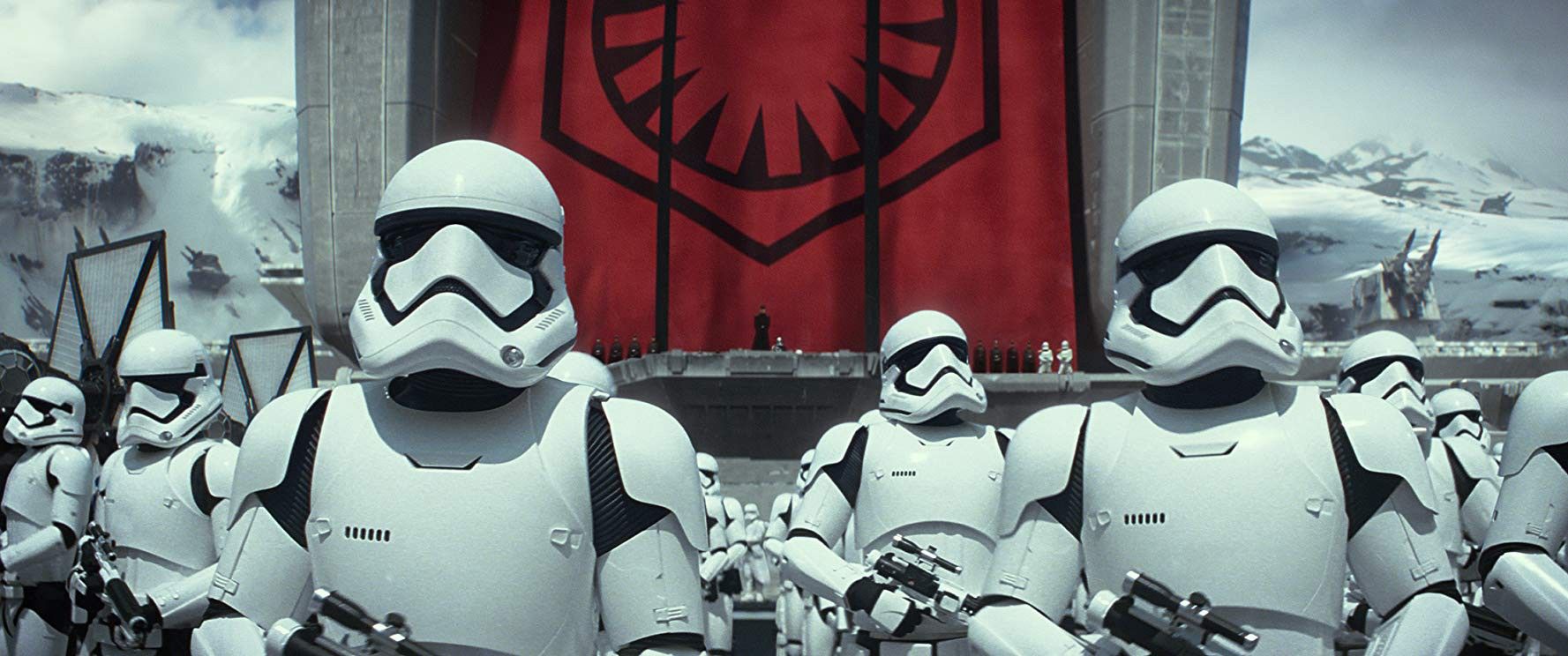
To learn all the details, I had to go beyond the films. As I’ve said before, Star Wars is a multimedia franchise. The books, comics, video games, television shows, etc. are not mere tie-ins to the films; they are driving forces behind the story in their own right. I’m not opposed to Star Wars films being made with the assumption that viewers have background information from The Clone Wars, for example. I’m less comfortable with a film depending on later books, TV, etc. to backfill the plot. Not only does this make it harder to follow the franchise, it seems to be making it difficult to build the franchise.
In the old EU, the story of how the Death Star plans went from the Imperial archives to the Rebel base on Yavin was a very convoluted one, because so many different Star Wars works wanted to tell a part of it. In the new Canon, the same thing seems to be happening to the story of the founding of the First Order, which makes establishing a timeline complicated. The whole story is yet to be told, really, but here’s what I can relay to you:
Following Emperor Sheev Palpatine’s death at the Battle of Endor, rule over the Empire passed to his Grand Vizier, Mas Amedda. As war with the Rebellion went on, Amedda was unable to keep the Empire together. He surrenders officially after the Battle of Jakku, but a remnant of the Imperial military, including Grand Admiral Rae Sloane and Imperial Academy Commandant Brendol Hux, flee into hiding in the far reaches of the Galaxy, rejecting ceasefire orders (their “first order”, in their minds, being to preserve the Empire). While there, they encounter a local Dark Force sorcerer, Snoke, who aided them in navigating unknown space.
Meanwhile, the Rebel Alliance establishes a new Republic, with a government based on the world Hosnian Prime. Two major political factions form: those who wish to re-establish the old Republic, and those who want to establish a less powerful galactic government, or even no centralized government at all. Leia Organa is a moderate in the debate, and is recruited as a potential executive figure to break up deadlock in the new Senate. Her political career is derailed by the revelation of her true parentage, a scandal orchestrated by The First Order, a shadowy network of wealthy Republic nationals who believe that neither the old or any proposed new Republic is capable of providing peace to the Galaxy. Instead, they support a reformed Empire unburdened by Palpatine’s Sithly plots. (Essentially, they make the same argument famously made by Jonathan V. Last, minus the droids rights elements.)
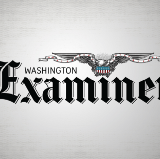
The First Order has discovered Hux’s exiled Imperials, and poured money into building a new military able to establish an interplanetary hegemony. By the time the First Order becomes public knowledge, Brendol Hux and the other original leaders of the Imperial exiles had all died, leaving control in the hands of Hux’s son, Armitage, and Snoke, who had taken the title Supreme Leader. The Republic was unwilling to declare open war against the First Order, though a bitter cold war developed as both factions worked to sweep up un-affiliated worlds.
Leia Organa, following her ostracization from polite Republic society, founded a frontier Resistance dedicated to frustrating the First Order’s expansion and, ultimately, destroying this remnant of the Empire. The Resistance was not officially a part of the Republic, though the two groups supported each other in most matters. The technicality was lost on the First Order, who destroyed Hosnian Prime and most of the Resistance forces over the course of the last two films.
So there you have it. You’re caught up on the state of the galaxy as, again, early winter approaches, bringing the conclusion of this story with it. I plan to to see Episode IX. I expect to really enjoy it. But looking back on the trilogy-so-far, I can see why some people feel burned out on Star Wars. As I said, all that backstory I just summarized came from books I’ve read, or read of. The most that the films have done to explain what’s happening has been in The Force Awakens’s opening crawl:
Luke Skywalker has vanished. In his absence, the sinister FIRST ORDER has risen from the ashes of the Empire and will not rest until Skywalker, the last Jedi, has been destroyed.
With the support of the REPUBLIC, General Leia Organa leads a brave RESISTANCE. She is desperate to find her brother Luke and gain his help in restoring peace and justice to the galaxy.
Leia has sent her most daring pilot on a secret mission to Jakku, where an old ally has discovered a clue to Luke’s whereabouts…
This establishes that the First Order is something besides just the Empire, but connected to the Empire, but it doesn’t really address how it differs from or is similar to the Empire. It establishes that the Republic supports the Resistance, but doesn’t explain why the Resistance is separate from the Republic. Questions are raised before the film even begins, and aren’t answered in the film itself, leaving the narrative backdrop of the trilogy as an easter egg.
The opening shot of A New Hope establishes the power dynamics between the heroes and villains wordlessly and unmistakably: the Rebels aboard a fleeing spaceship, pursued by a much larger spaceship, one so huge it takes seemingly forever just to pass across the screen. The Galactic Empire is every bit as huge as its name suggests. The Rebel Alliance is small, their victory is unlikely, and yet they still defy the Empire.
The conflict between the Resistance and the First Order is not nearly as well established. Even having read all those books, I’m not sure who has the upper hand in terms of galactic control at the time of the Sequels. When all is said and done, I think that will be the core flaw of the trilogy: it’s confusing at the base level. I don’t think that can be fixed in the third installment. This is a context problem, and context is something that needs to be established from the outset.
What is the First Order? It’s a dark reflection of the Rebellion, a band of disparate groups joined to fight for the ideals of the fallen Empire, as the Rebellion had been a band of disparate groups fighting for the ideals of the fallen Republic. But you’ve seen the movies. I shouldn’t have to tell you that.

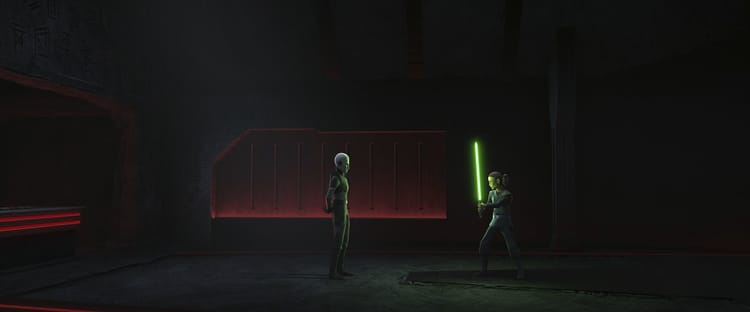
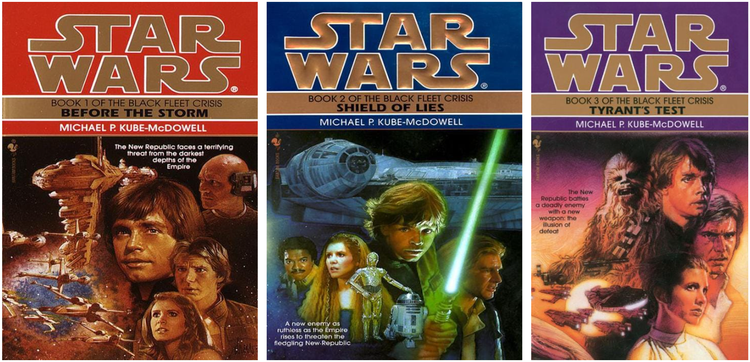
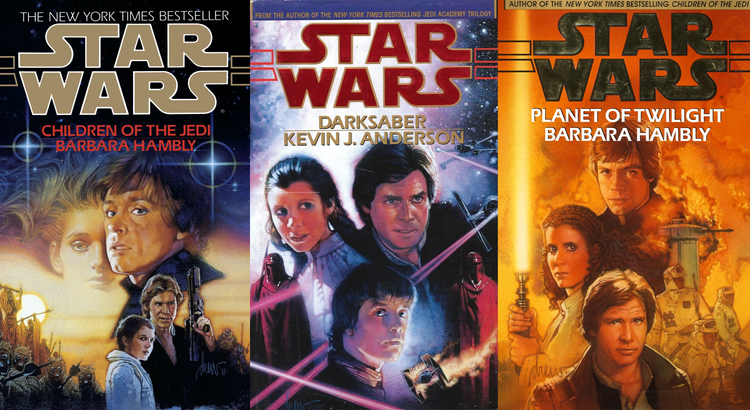
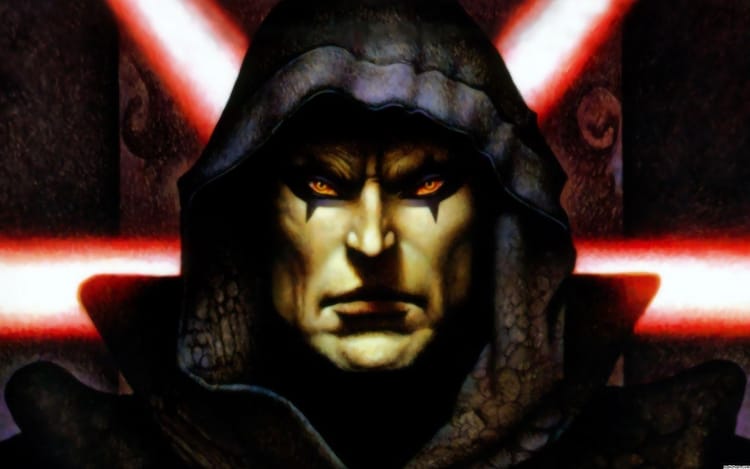
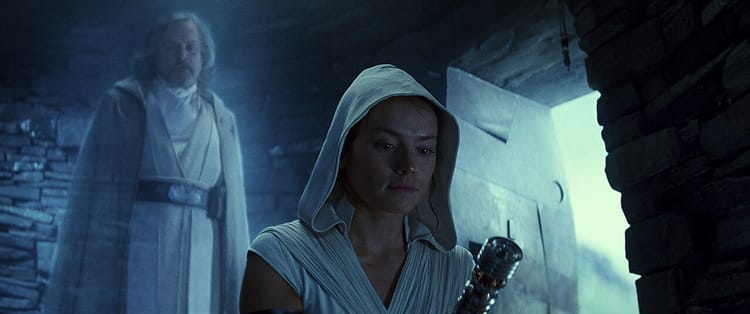
Member Commentary